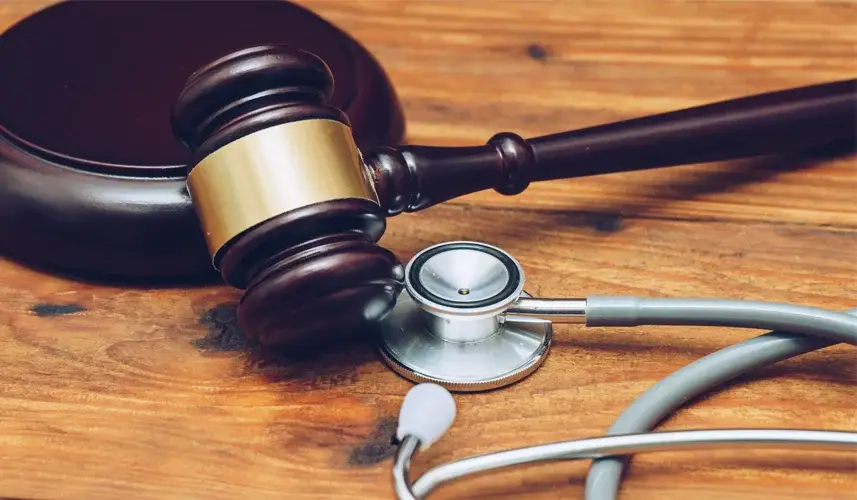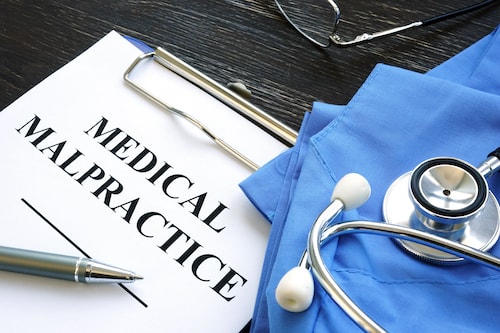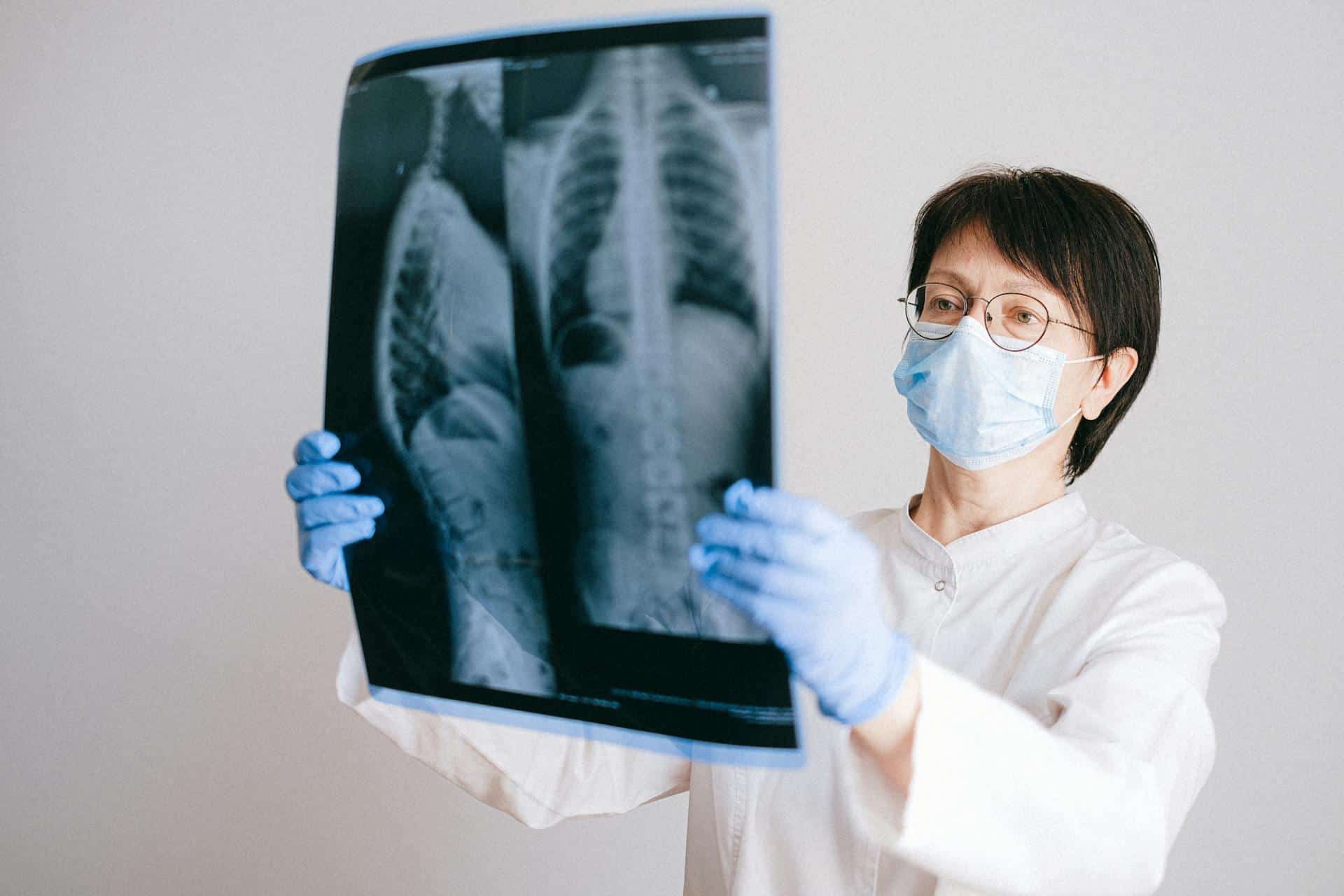
Losing a loved one is always painful, but when their death results from medical malpractice, the grief is compounded by questions and uncertainty. In addition to mourning their loss, you may be left wondering whether their passing could have been prevented. The realization that a trusted healthcare provider may have acted negligently can be overwhelming, leading to frustration, anger, and a need for answers.
Medical malpractice cases can be complex, requiring families to navigate legal and medical procedures while coping with their loss. It can be difficult to determine whether a doctor, nurse, or hospital staff made a preventable error that contributed to your loved one’s death. Understanding your rights and taking the appropriate steps can help you uncover the truth.
Seeking legal guidance, gathering evidence, and holding responsible parties accountable not only provide a path to justice but can also help prevent similar tragedies from occurring in the future.
Understanding Medical Malpractice

Medical malpractice occurs when a healthcare professional’s actions deviate from the accepted standard of care, resulting in harm or death. In the medical field, professionals are expected to follow established protocols and exercise sound judgment when diagnosing, treating, and managing patient conditions. When they fail to do so, the consequences can be severe, leading to preventable complications or even fatalities.
Common forms of medical malpractice include:
- Misdiagnosis or Delayed Diagnosis – When a doctor incorrectly identifies a condition or fails to diagnose a serious illness in a timely manner, the patient may not receive the necessary treatment, worsening their condition.
- Surgical Errors – Mistakes made during surgery, such as operating on the wrong body part, leaving surgical instruments inside a patient, or failing to properly monitor vital signs, can result in life-threatening complications.
- Medication Errors – Administering the wrong medication, incorrect dosage, or failing to recognize harmful drug interactions can have fatal consequences.
- Anesthesia Mistakes – Errors in administering anesthesia can lead to brain damage, oxygen deprivation, or death.
- Neglect and Inadequate Care – Patients who do not receive proper attention, especially in nursing homes or hospitals, may suffer from infections, bedsores, malnutrition, or other preventable complications.
- Failure to Obtain Informed Consent – If a doctor does not properly inform a patient of the risks associated with a procedure or treatment, and the patient suffers harm as a result, this can be considered malpractice.
When negligence leads to a fatal outcome, families have the right to pursue legal action against those responsible. Holding healthcare providers accountable brings justice to the impacted family, and can also lead to systemic changes that improve patient safety and prevent similar incidents in the future.
Steps to Take After a Suspected Case of Medical Malpractice
1. Obtain Medical Records
Medical records provide critical evidence in a malpractice case. Request all relevant documents, including hospital charts, prescriptions, and test results. These records can help determine whether the healthcare provider deviated from standard procedures.
2. Seek Legal Guidance from a Best Malpractice Attorney
A legal professional experienced in wrongful death claims can assess the details of your case and advise on the next steps. The best malpractice attorney will evaluate medical reports, consult experts, and determine if you have a strong claim against the responsible parties.
3. Request an Autopsy
If the cause of death is unclear, an autopsy can provide definitive evidence of medical negligence. While hospitals conduct autopsies in certain cases, you may need to arrange an independent examination for an unbiased evaluation.
4. Preserve All Evidence
Save any correspondence with the hospital or medical staff, keep copies of prescriptions, and document everything related to the treatment. This information will be essential in building a compelling case.
5. Consult a Doctor Negligence Lawyer
A doctor negligence lawyer who understands the complexities of these claims can navigate the legal system to ensure your family receives fair compensation. This includes damages for medical expenses, funeral costs, lost income, and emotional suffering.
Filing a Wrongful Death Lawsuit
Understanding the Legal Process
A wrongful death lawsuit seeks to hold the negligent party accountable and secure financial relief for surviving family members. Each state has specific laws governing these cases, including statutes of limitations that dictate how long you have to file a claim.
Proving Negligence
For a successful case, your attorney must prove:
- A doctor-patient relationship existed.
- The healthcare provider failed to meet the accepted standard of care.
- The negligence directly caused the patient’s death.
- The family suffered financial and emotional damages as a result.
Medical experts often provide testimony to establish where the doctor’s actions deviated from proper medical practices.
Types of Compensation
Damages in a medical malpractice case can include:
- Medical costs incurred before death
- Funeral and burial expenses
- Loss of income and benefits
- Loss of companionship
- Emotional distress
The amount awarded depends on factors such as the severity of negligence and the impact of the loss on surviving family members.
Challenges in Medical Malpractice Cases

Resistance from Healthcare Providers
Hospitals and insurance companies often fight malpractice claims aggressively. They may deny wrongdoing or attempt to settle for a minimal amount. A skilled best malpractice attorney can counter these tactics and advocate for a fair resolution.
Complexity of Medical Evidence
Proving negligence requires extensive medical knowledge and expert testimony. Without a doctor negligence lawyer, families may struggle to gather the necessary evidence to support their case.
Statutes of Limitations
Each state imposes deadlines for filing a wrongful death lawsuit. Missing this window can result in losing the right to pursue compensation. Consulting an attorney as soon as possible ensures your claim is filed within the legal timeframe.
The Emotional Toll and Finding Support
Pursuing a medical malpractice case can be emotionally draining. Grief, frustration, and legal challenges make the process overwhelming. Seeking support from family, therapists, or bereavement groups can help you navigate this difficult time.
Seeking Justice for Your Loved One
Losing a family member due to medical malpractice is a heartbreaking experience. While legal action cannot undo the loss, holding negligent healthcare providers accountable can bring a sense of justice and financial security. Consulting with the best malpractice attorney or doctor negligence lawyer is the first step toward finding answers and ensuring similar tragedies are prevented in the future.

















































































































